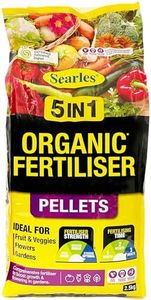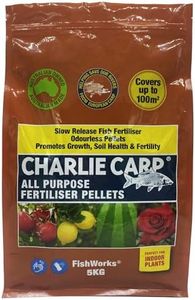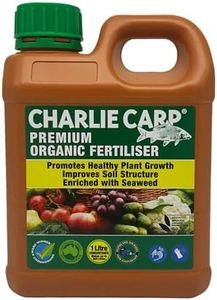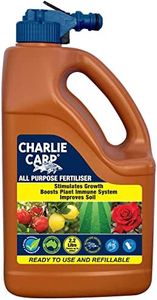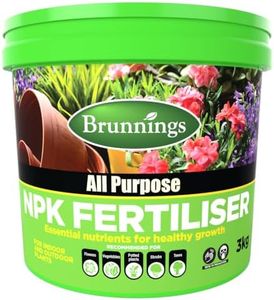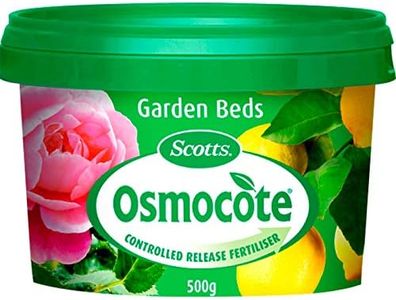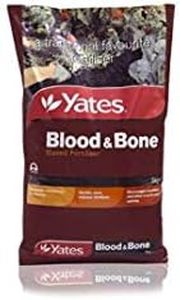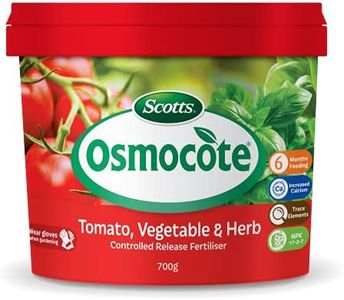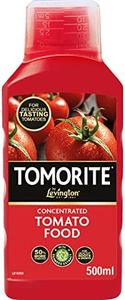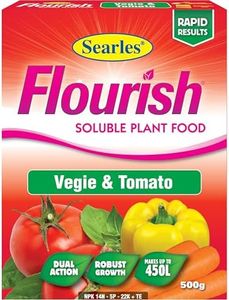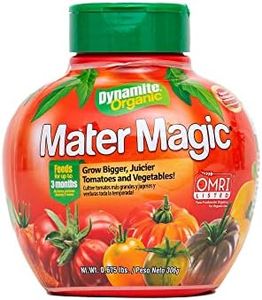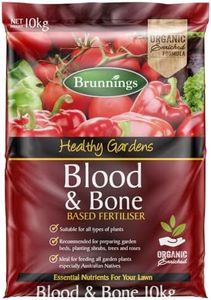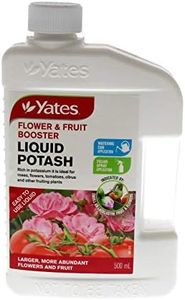We Use CookiesWe use cookies to enhance the security, performance,
functionality and for analytical and promotional activities. By continuing to browse this site you
are agreeing to our privacy policy
10 Best Fertilizer For Tomatoes
From leading brands and best sellers available on the web.By clicking on a link to a third party's website, log data is shared with that third party.
Buying Guide for the Best Fertilizer For Tomatoes
Choosing the right fertilizer for your tomatoes can make a big difference in the growth, yield, and flavor of your crop. Tomatoes need a balanced supply of nutrients to thrive, and the choice of fertilizer depends on your soil’s natural condition, your gardening goals, and how much effort you want to invest. Knowing what different fertilizers offer and how their key properties affect your plants will help you make a smart choice that matches your garden’s needs.NPK RatioThe NPK ratio stands for Nitrogen (N), Phosphorus (P), and Potassium (K), which are the main nutrients found in fertilizers. This ratio tells you the percentage of each nutrient. Nitrogen promotes leafy growth, phosphorus supports root and fruit development, while potassium helps overall plant health and resistance. For tomatoes, too much nitrogen can boost leaves at the expense of fruits, while a good balance of phosphorus and potassium encourages better fruiting. If your plants are young and leafy, pick a fertilizer with slightly more nitrogen; if they are flowering and fruiting, a lower-nitrogen and higher-phosphorus/potassium blend is ideal. Always match the ratio to your plant's growth stage and look for any signs of nutrient imbalance.
Fertilizer Type (Granular vs. Liquid)Fertilizers come mainly as granular or liquid. Granular fertilizers release nutrients slowly and are easy to mix into the soil before planting or around growing plants. Liquid fertilizers act quicker, delivering nutrients right to the roots and leaves when watered in. If you want a long-lasting effect and less frequent feeding, granular is a good choice. If you want to correct deficiencies fast or feed mature, fruiting plants, liquid can be more effective. Select the type that matches your gardening routine and how often you want to fertilize.
Organic vs. SyntheticFertilizers can be organic (made from natural materials like compost, bone meal, or manure) or synthetic (chemically manufactured). Organic fertilizers feed the soil and often improve long-term soil structure, but may work more slowly. Synthetic fertilizers provide nutrients more quickly and in precise amounts but can risk
MicronutrientsBesides the main nutrients (NPK), tomatoes benefit from smaller amounts of micronutrients such as calcium, magnesium, and trace elements like iron and zinc. Calcium is especially important to prevent disorders like blossom end rot. If your soil or water is lacking these, a fertilizer with added micronutrients can help. Pay attention to plant symptoms—if you see leaf discoloration or misshapen fruit, consider a product that addresses these micro deficiencies.
